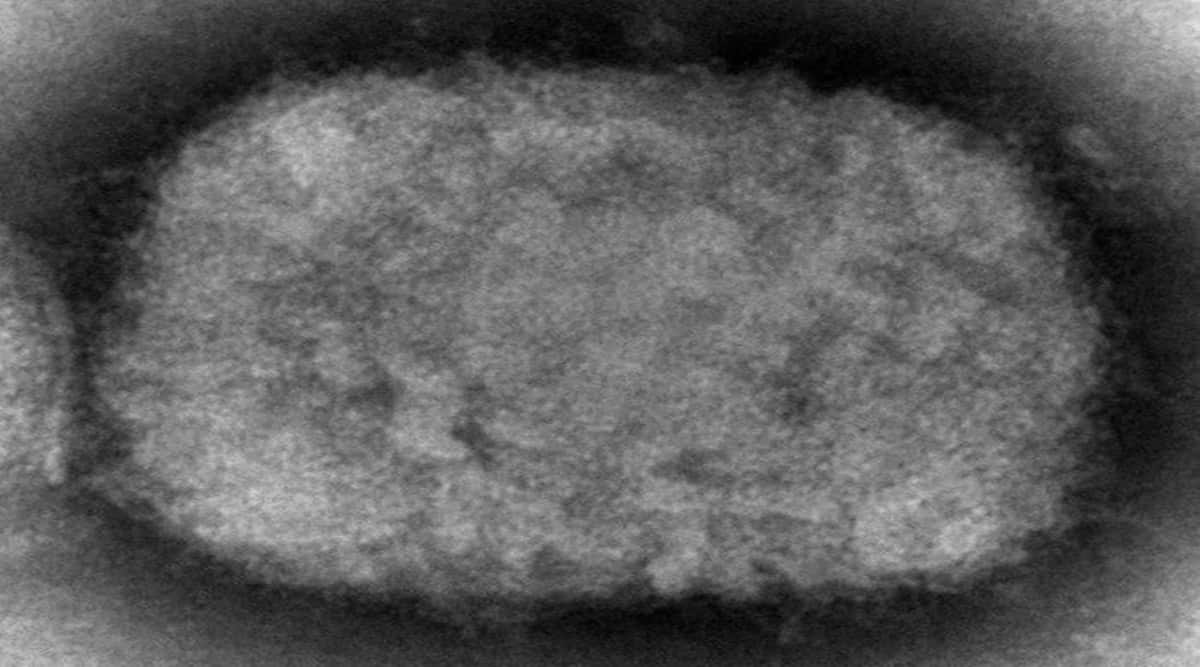Japan: Health ministry reports country’s first death from mpox
Japan’s health ministry on Wednesday reported the country’s first fatality from mpox. The patient was a man in his 30s with a prior infection with HIV and no travel history, the ministry said in a statement as quoted by news agency Reuters.’
Mpox is a viral infection that spreads through close contact, causing flu-like symptoms and pus-filled lesions. Most cases are mild but it can kill.
In May 2022, an outbreak of mpox appeared suddenly and rapidly spread across world with 110 countries reporting about 87 thousand cases and 112 deaths. The global outbreak has affected primarily (but not only) gay, bisexual, and other men who have sex with men and has spread person-to-person through sexual networks, the UN Health body stated.
In 2022, outbreaks of mpox due to Clade I MPXV occurred in refugee camps in the Republic of the Sudan. A zoonotic origin has not been found, WHO states.
What are the symptoms?
Mpox causes signs and symptoms which usually begin within a week but can start 1–21 days after exposure. Symptoms typically last 2–4 weeks but may last longer in someone with a weakened immune system.
Common symptoms of mpox are:
rash
fever
sore throat
headache
muscle aches
back pain
low energy
swollen lymph nodes.
For some people, the first symptom of mpox is a rash, while others may have different symptoms first, WHO explains.
How mpox is treated?
According to WHO, getting an mpox vaccine can help prevent infection. “The vaccine should be given within 4 days of contact with someone who has mpox (or within up to 14 days if there are no symptoms),” it added.
Several antivirals, such as tecovirimat, originally developed to treat smallpox have been used to treat mpox and further studies are underway, the global health agency stated.
How to prevent mpox?
Most people with mpox will recover within 2–4 weeks. Here are some Dos and Don’ts:
Do
stay home and in your own room if possible
wash hands often with soap and water or hand sanitizer, especially before or after touching sores
wear a mask and cover lesions when around other people until your rash heals
keep skin dry and uncovered (unless in a room with someone else)
avoid touching items in shared spaces and disinfect shared spaces frequently
use saltwater rinses for sores in the mouth
take sitz baths or warm baths with baking soda or Epsom salts for body sores
take over-the-counter medications for pain like paracetamol (acetaminophen) or ibuprofen.
Do not
pop blisters or scratch sores, which can slow healing, spread the rash to other parts of the body, and cause sores to become infected; or
shave areas with sores until scabs have healed and you have new skin underneath (this can spread the rash to other parts of the body).



